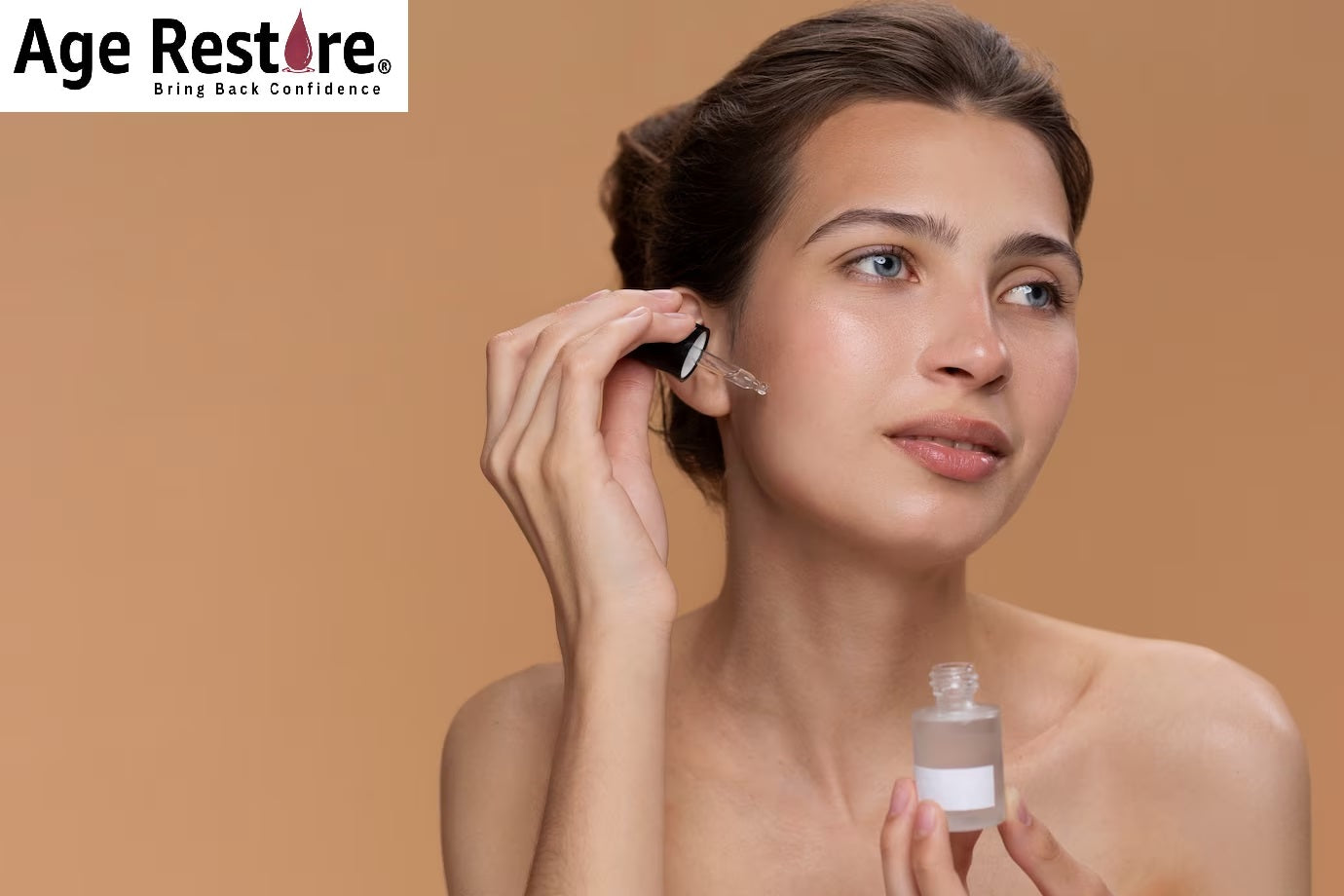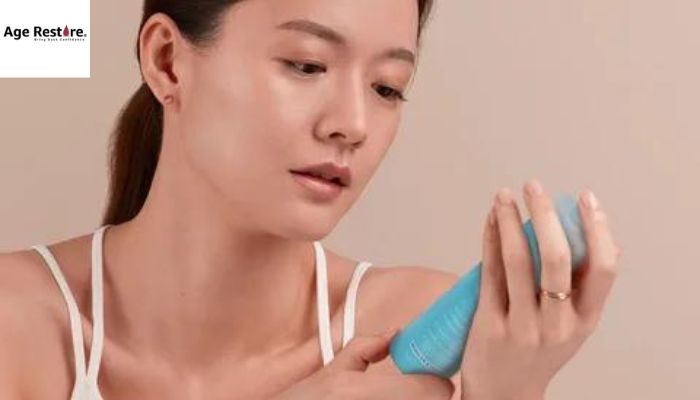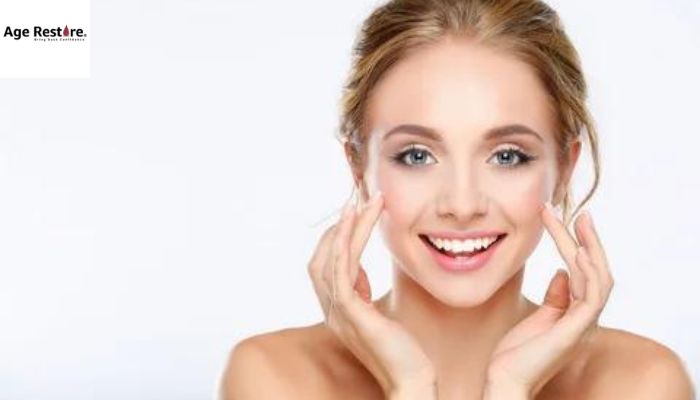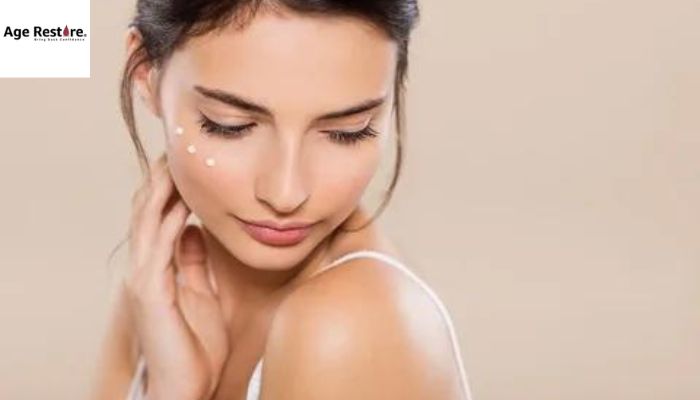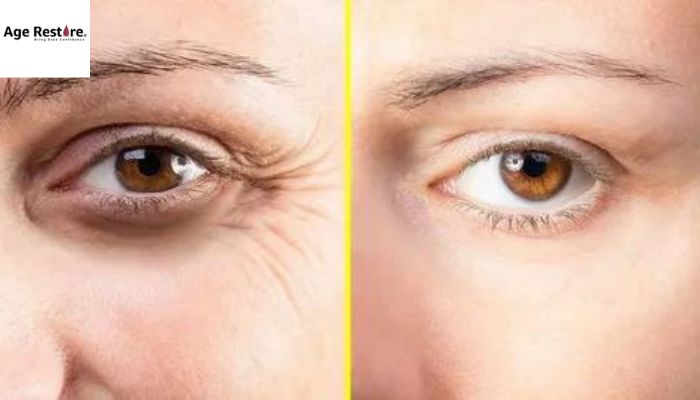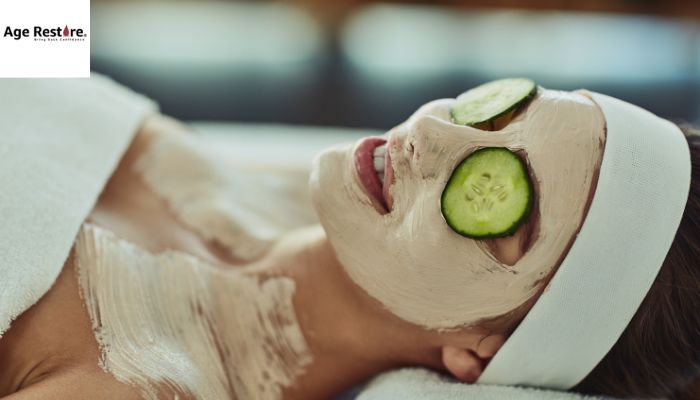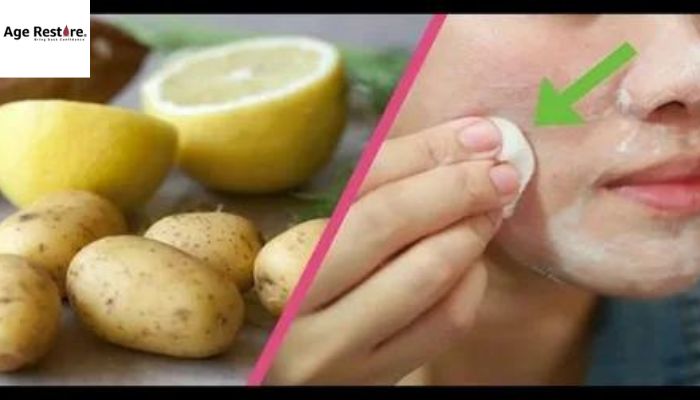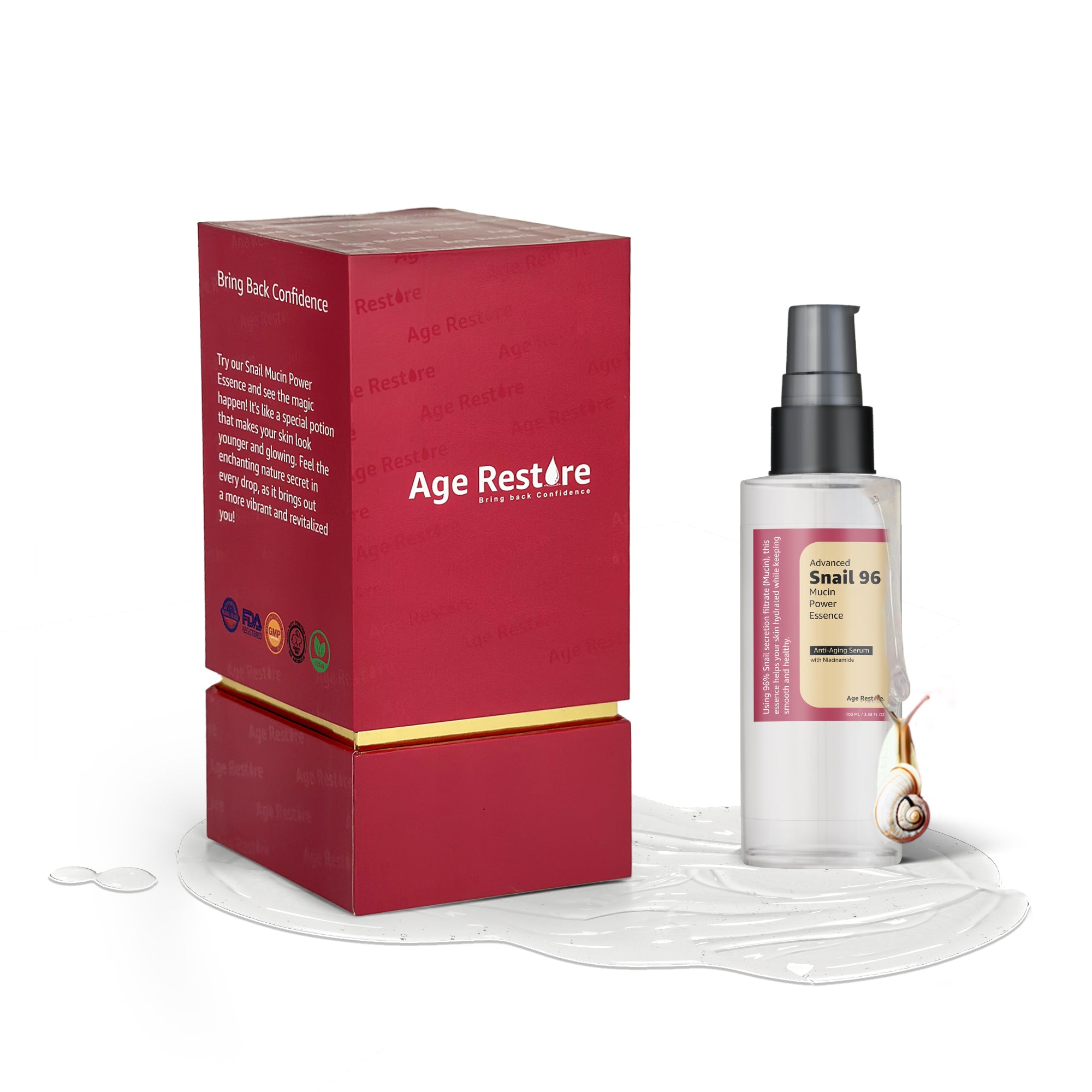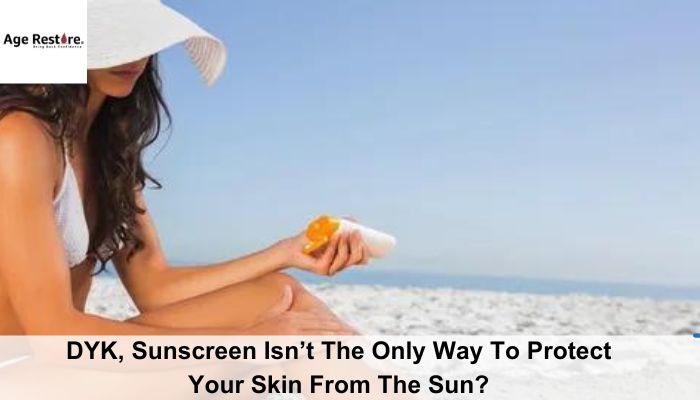
DYK, Sunscreen Isn’t The Only Way To Protect Your Skin From The Sun?
Not to Dismiss Sunscreen as Important... But When Used Together with these Additional Sun Safety Tips, It Will Allow You To Feel Confident Knowing You Are Protecting Your Skin From UV Radiation.
Studies reveal that we love and need sunlight, yet studies also demonstrate it as being one of the primary causes of external skin aging. Unfortunately, this means almost everything you dislike about your skin - such as fine lines, wrinkles, rough texture, lack of firmness, dark spots, or enlarged pores - could likely be attributable to sun damage - not good news at all!
No one argues the necessity of applying broad-spectrum SPF 30 sunscreen daily; we don't apologize. Today, however, we want to shift the conversation away from this particular lecture towards discussing all of the other ways you can protect your skin from sunburn and its adverse effects.
Put these essential measures on the agenda this summer (in addition to using SPF!) and you could delay visible signs of premature aging just a little longer.
Apply Topical Antioxidants
At TruSkin, we're big advocates of topical antioxidants - one reason being sun damage prevention! One key benefit we see from using these topicals is sun damage control.
Sun exposure is one of the primary sources of free radicals - harmful compounds that attack and damage skin proteins, leading to what's known as "oxidative stress." Oxidative stress leads to collagen and elastin breakdown and premature sagging; creating lines, wrinkles, and premature aging of your complexion.
Antioxidants are powerful weapons against free radicals, helping your skin look its best for longer. Studies have identified two of the best antioxidants for sun protection as vitamins C and E; we combine these powerful free radical-fighters with hyaluronic acid in our Vitamin C Facial Serum so you can maximize its protective capabilities under moisturizer and sunscreen daily if you wish. But remember: antioxidants don't offer full sunburn protection so don't be fooled into thinking applying vitamin C will keep you free of sun damage; don't be fooled; don't think applying vitamin C will shield you from UV radiation; it does not!
Avoid Direct Sunlight Whenever You Can
Nothing beats lounging outside on a beautiful sunny day with an ice-cold margarita in hand - however direct midday sun exposure should always be avoided whenever possible; shade always wins!
Sitting under shaded areas protects up to 15% of UV light exposure. While this might not sound like much, when it comes to looking after your skin we believe every little bit counts.
Make sure to sit under a tree when picnicking in a park, and bring an umbrella if spending an entire day in the sun. When looking to purchase new beach umbrellas or awnings, look out for The Skin Cancer Foundation's Seal of Approval which guarantees they meet minimum UV Protection Factor requirements of 30 UPF (ultraviolet Protection Factor).
Wear Protective Clothing
Did you know what you wear can affect the level of sun protection provided to you? Clothes provide even greater coverage than sunscreen products do as they won't wash off with wear and tear like traditional sunscreen does. Even simple choices like wearing loose-fitting clothes with long sleeves and densely woven fabrics like denim or wool provide more effective sun protection than tight, stretchy, or sheer garments.
According to The Skin Cancer Foundation, darker and brighter colors provide greater sun protection by helping absorb UV radiation before it reaches your skin and providing further defense from sun damage.
Never leave home without a tightly woven hat that doesn't let too much light through (you can always test this with a flashlight). A 3-inch brim around its entire circumference is best; for baseball caps and snapbacks with shorter brims, consider adding some kind of drape over the neck and ears to protect these sensitive areas.
Do Not Forget Your Sunglasses
Protecting the skin around your eyes is equally as crucial as taking care of the rest of your face because this area is much thinner and delicate compared to its counterpart. In addition, around 5-8% of skin cancer cases occur on eyelids which should serve as a major warning signal.
Protect your eyes by wearing sunglasses year-round (even on cloudy days), selecting models that provide 100 percent protection from both UVA and UBA radiation, and choosing ones that provide 100 percent UVA/UBA blocking capabilities. Dry, dehydrated skin around your eyes will age you quickly so make sure to apply hydrating eye cream twice daily; Hyaluronic Acid Eye Cream contains antioxidants as well as age-defying ingredients like plant peptides, panthenol, and botanical oils that will work to reverse signs of premature aging!
Unfortunately, not everything goes according to plan, however. Here at SDCB, we do our very best to help our clients become independent again by offering expert guidance through every stage of the journey to ensure an excellent end product is available on demand.
Consider Your Diet
Finally, to maximize sun protection from within, make wise healthy eating choices by filling your diet with antioxidant-rich fruits and veggies like kiwis, berries, citrus fruits, tomatoes, and broccoli; incorporating almonds and walnut seeds for increased levels of omega-3 essential fats which help decrease UV-induced inflammation; snack on almonds walnuts seeds in between to increase omega 3 essential fatty acid intake - these steps should all add up!
Studies have also suggested that foods high in beta-carotene, like sweet potatoes, bell peppers, carrots, spinach, and butternut squash may help protect skin from sun damage. These include sweet potatoes, bell peppers, carrots, spinach, and butternut squash.
Remind yourself, however, that none of these steps should replace regular sun protection with broad spectrum SPF 30 lotion or moisturizer - that should always be the final step of your morning routine).
Also, check our Facial serums

